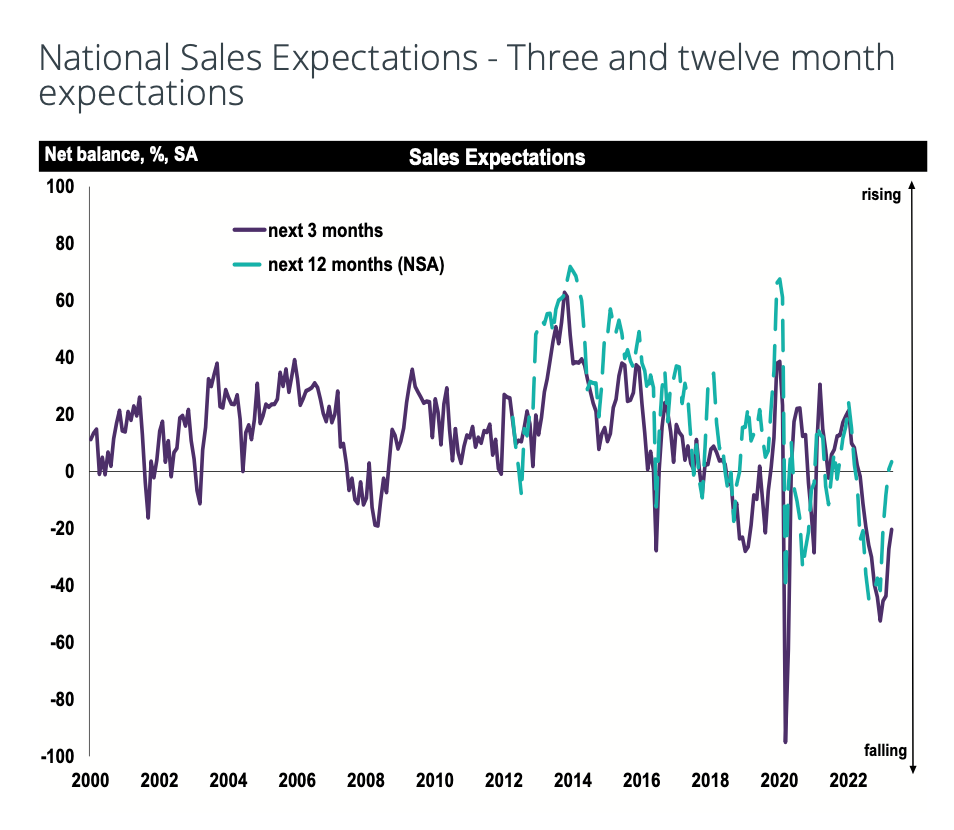Dubai’s banks and global real estate demand
Making sense of the latest trends in property and economics from around the globe.
4 minutes to read
Tricky choices
The Bank of England yesterday delivered its twelfth successive hike to bring the base rate to 4.5%.
The move came with a brighter outlook. GDP will be more than 2% higher by mid-2026 than the Bank had previously anticipated, but it now expects inflation to ease much more slowly than some of its previous forecasts had suggested. The official rate of inflation is likely to ease to a little over 5% at the end of next year and will only reach its 2% target in early 2025, the Bank said.
That makes hopes of rate cuts in 2023 look optimistic and poses some tricky questions for borrowers. Some are choosing to pay a premium to lock their mortgage rate for five years and forget about it, though most are weighing fixing for two years or waiting on a tracker for interest rates to fall, according to Knight Frank Finance (KFF). Both are running around 0.2% - 0.3% above base rate.
"Those choosing a product now need to think a year or two ahead. If you agree with economic consensus that interest rates will begin to ease next year, you probably won’t opt to fix for two years, but there remains a risk that interest rates will rise further," says KFF managing partner Simon Gammon.
Solid not spectacular
The further we get from last September’s mini-Budget, the stronger the prime central London property market becomes.
The number of offers made in Q1 2023 was 10% above the five-year average after being down by 11% in the final three months of last year. Exchanges were also up by 10% between January and March.
The market is solid rather than spectacular and things have stabilised after a four-year roller-coaster ride that has included a general election, a global pandemic, a stamp duty holiday and the mini-Budget. Average prices in prime central London are only 0.2% higher than this time last year. The change is 1.8% in prime outer London.
But what about next year? The general election is starting to move onto the radar for buyers and sellers, particularly in higher-value markets. Tom Bill considers the outlook.
Stability
Data covering the wider UK property market also suggests that conditions are improving, albeit slowly.
The agreed sales indicator from the latest RICS Residential Market Survey, out yesterday, returned a net balance of -19% in April, up modestly from a figure of -30% last month. That's the least negative reading since July 2022.
Surveyors think conditions will improve as the year progresses. Near-term sales expectations are still in negative territory, but have turned progressively less downcast in each of the last four months (moving from a net balance of -52% in December 2022 to stand at -20% this time around). On a twelve month view, expectations are pointing to a largely stable trend in sales activity, registering a net balance reading of +3% (little changed from +1% last month).

Globalisation
Globalisation can be a complicated process. The more capital moves around the world, the more governments and regulators seek to divert the flow to manage its effects in a manner that protects citizens and advances the interests of trading partners.
The process can be significant for property markets. We've seen many nations introduce cooling measures in an attempt to stem rises in property prices that regulators at least partially blame on overseas buyers, for example.
The US and European Union have a particularly long reach in this regard because few processes in the global financial system work without relying on their infrastructure in some way, whether it's routing payments or trading securities. We can see this aspect playing out in Dubai where, according to Forbes, domestic bank Emirates NBD has over the past couple of months written to Russian clients explaining that their assets will be transferred to separate segregated accounts, from which there will be restrictions on cash transfers.
Emirates NBD uses the services of Clearstream and Euroclear, the two European International central securities depositories, and appears to be taking these actions to comply with EU restrictions on Russian capital - effectively making it clear that there are no exemptions for Russian clients with residency in the UAE, according to various reports.
The move has prompted speculation over the knock-on effect on Dubai's prime property market, where values have risen 44% in the past twelve months, according to our Prime Global Cities Index (PGCI), out this week. With foreign buyer demand currently dominated by Chinese, Indian and UK buyers the impact is likely to be muted – we will be publishing more detail on this later this month.
In other news...
Homebuyers have an opportunity as the pound hits a high against the euro.